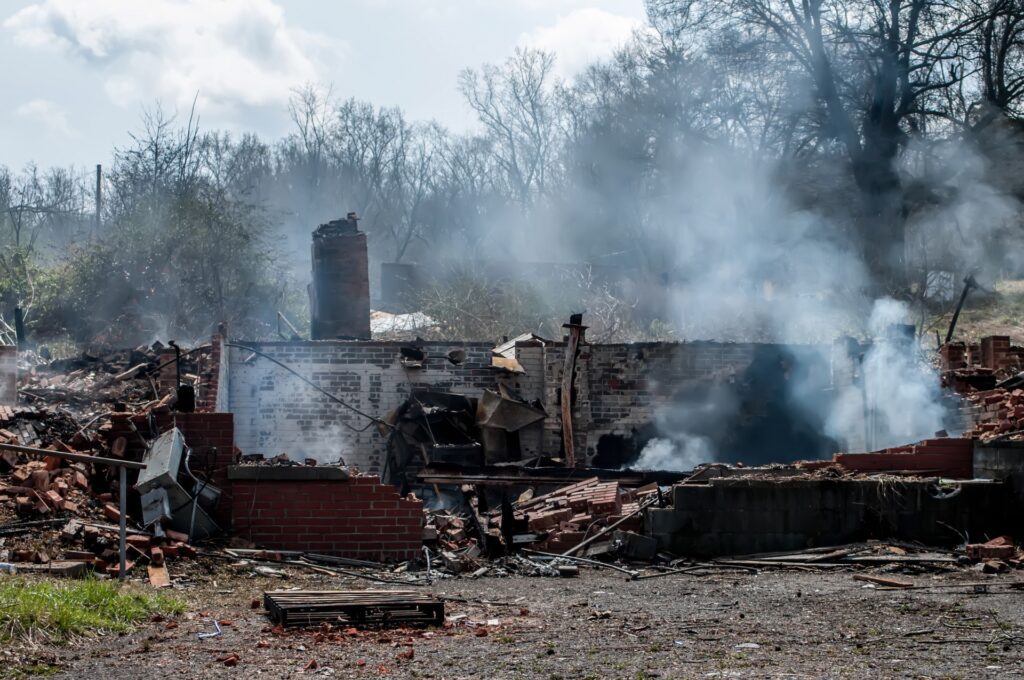Many today are angry at religion, or at least disappointed with it. Rightly so perhaps, since so much violence is carried out in God’s name. In the MENA part of the world, anger and disappointment were manifest in the so-called “Arab Spring” protests that began near the end of 2010, making their way like a storm of new hope through Tunisia, Egypt, Libya, Yemen, and Syria. Though the early demonstrations did not carry obvious antireligious undertones, they were predominantly anti-authoritarian and anti-establishment. As the wave of popular anger raged on, researchers and experts began to uncover a growing and emboldened movement of atheism making its way through the ranks of Arab youths. Authoritarian regimes had coopted religion, and the religious establishment—both Muslim and Christian—had coopted political dictators so flagrantly throughout history that this diabolic marriage was bound to come to a head sooner or later.
As the Arab Spring protests expanded to Syria in 2012, the resulting chaos eventually created a vacuum for the Islamic State in Iraq and Syria (ISIS, or Daesh in its Arabic acronym equivalent) to expand there in the summer of 2014. The murderous behavior of the group began to cause havoc in traditional Muslim circles. Daesh’s justification of its actions based on the Qur’an and other Islamic texts imposed some unprecedented interpretive challenges on traditional understandings of these texts that religious leadership circles had to address—some for the first time in such a context. The shame and embarrassment felt within the Muslim world is reflected in the abundance of documents of self-justification that emerged within the first eighteen months of the ISIS phenomenon. My assessment is that Daesh administered the final blow to a certain brand of Islamic traditional authoritarianism that dominated Muslim societies for centuries.
In the West, and on the Christian side, I would argue that a similar phenomenon took place as a result of the politics now broadly referred to as “Trumpism,” both at home and abroad. Studies show that the disillusionment of young people with politicized evangelicalism is likely at its highest today.
Anger toward religion is expressed in a variety of ways. Some are angry at God because of all the suffering they see. Classically, this crisis is referred to as theodicy: “Why do bad things happen to good people?” This blog is not about theodicy, however. More people today are angry at religion in the form of its various political manifestations and because of them: sectarianism, political clericalism, and religious authoritarianism. If you are not angry with religion, then it is perhaps time you should be!
How, then, do we engage in political theology in such a misotheistic world—a world of God-haters? Or should we perhaps call this phenomenon misoreligionism—a world of religion-haters?
In Lebanon, misoreligionism has clearly dominated the discourse and popular slogans of our own version of the Arab Spring—the October 17 revolution, triggered in 2019 by the weakening and degradation of every national institution under the weight of the corrupt and clientelist policies and behaviors of a kleptocratic political class. People in collective societies—not least in the MENA—remain deeply attached to their belief in the existence of God. What we are witnessing, therefore, is better described as misoreligionism rather than misotheism. What is the fate of political theology in such an environment?

